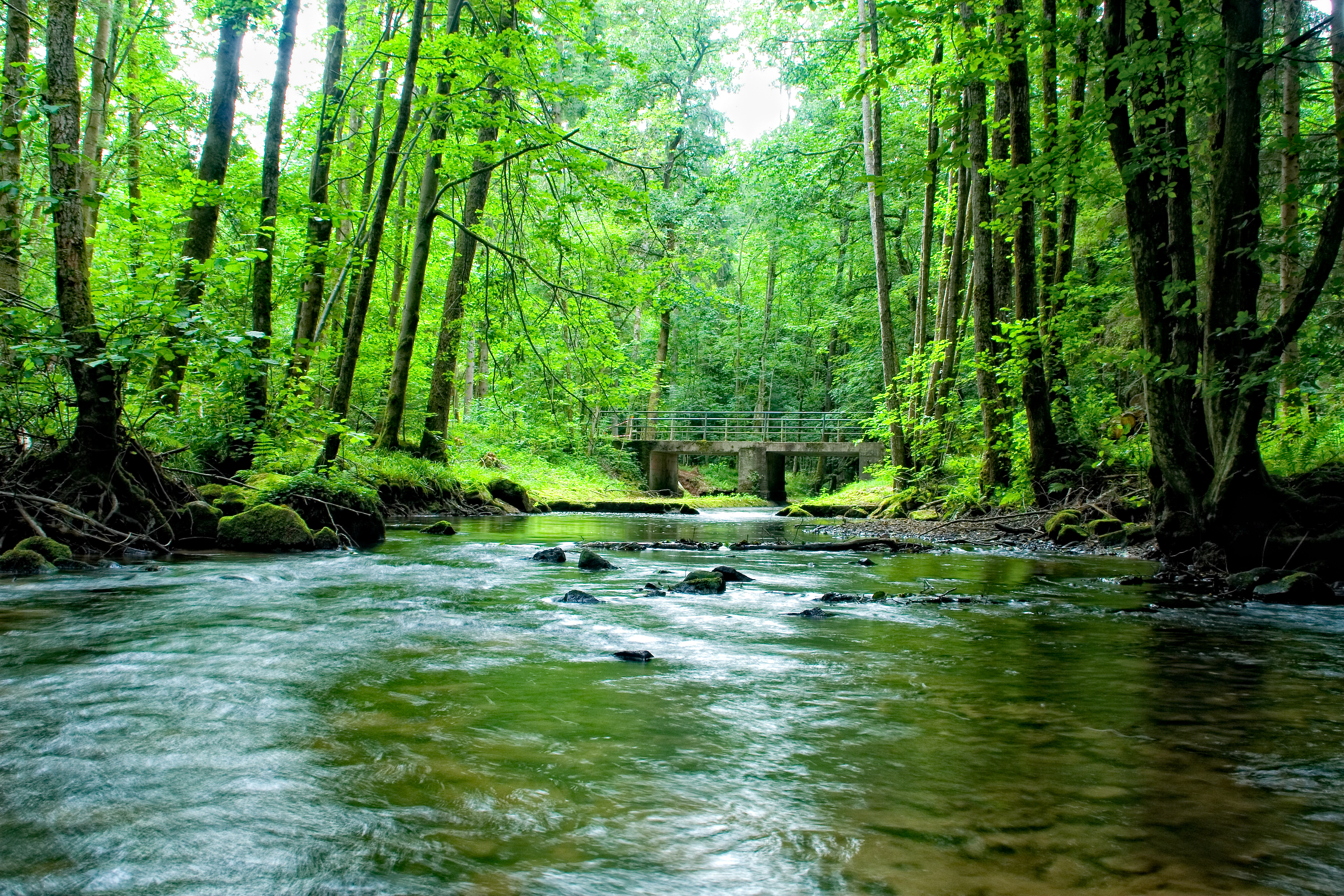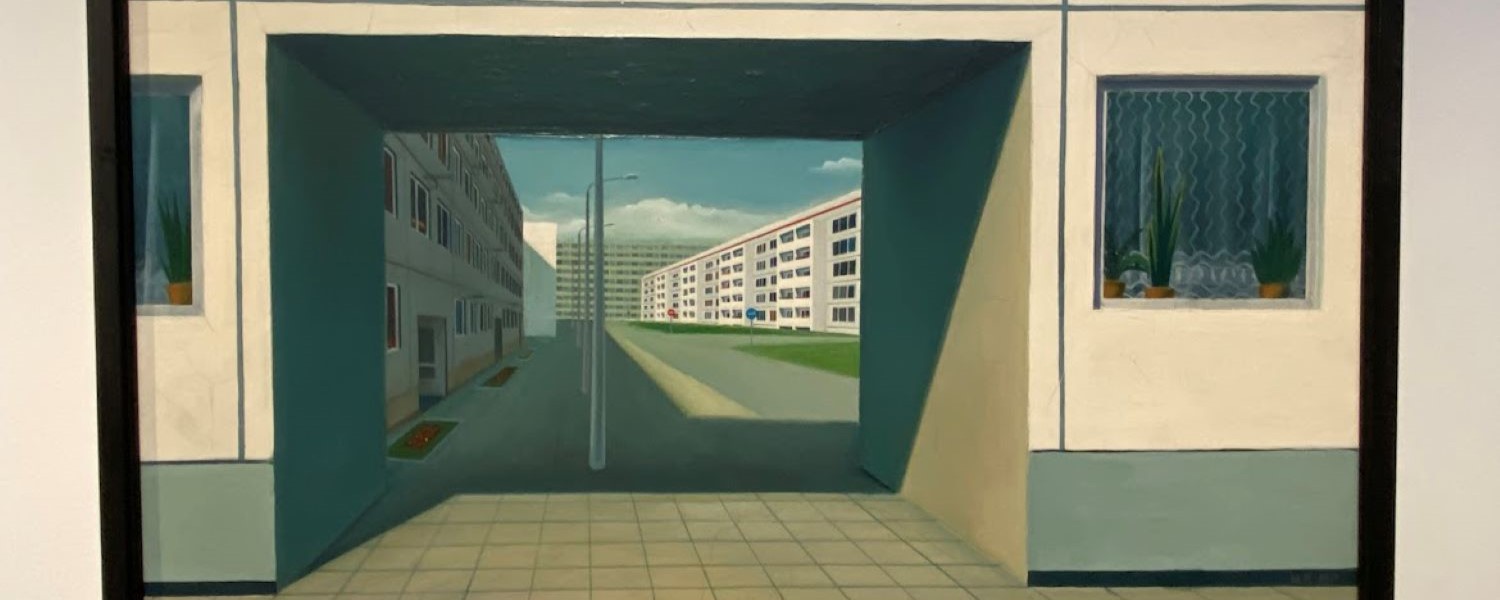Ecotherapy, also known as nature-based or green care is an alternative therapy for people suffering from mental health issues. It can be delivered as an individual treatment or in combination with traditional medicinal and talking-based treatments. Charities and research has suggested that it can reduce depression, anger, anxiety and stress as well as improving self-esteem and increasing emotional resilience.
The mental health charity MIND emphasises the positive health benefits, commenting that ecotherapy:
- is accessible
- can take place in both urban and rural settings in parks, gardens, farms and woodlands
- works through people either working in nature or experiencing nature
It can be structured or more informal, with some areas providing therapist led classes while elements of ecotherapy, such as taking walks or gardening, can also be done without specialist supervision, on your own or with family members and friends.
AAT and AAI (Animal Assisted Interventions and Animal Assisted Therapy)

Image by Ohio University Libraries via Creative Commons
This form of therapy uses guided contact with animals such as horses or dogs. It is becoming increasingly popular in university settings, with dog cafes or dog rooms during student mental health weeks or during exam times to help alleviate student exam stress. Pet therapy has also been shown to be effective with children and young people who suffer from anxiety or who have experienced trauma, and for elderly people suffering from dementia.
Therapy could be one to one or in a group and could also be delivered to people who are in residential care setting. AAT can also be used to assist mobility and coordination or simply to spend relaxed time with animals where patients can feed or pet them. This interaction can promote bonding between the individual and animal which has been found to reduce stress and anxiety.
Nature Arts and Craft Therapy
Nature based art therapy takes inspiration from nature to create and provide materials to create art work. This type of therapy can also include social and therapeutic horticulture (STH). This can be a particularly effective form of nature based intervention as it can be adapted to suit a wide range of mobility and abilities and could potentially lead to work experience or the sale of goods created, which in itself can build self-confidence and transferable skills.
Adventure Therapy

Image by Make Lemons via Creative Commons
This therapy focusses on using physical activities to encourage psychological support, It includes activities such as rafting, rock climbing and caving. Often done in a group, this type of therapy aims to build trust and raise confidence. While it can be strenuous, less able individuals can take part in green exercise therapy, which largely includes walks and rambling, or wilderness therapy (which includes physical group and team activities such as making shelters and hiking).
Effectiveness of ecotherapy
In February 2016, Natural England published A review of nature-based interventions for mental health care, which considered the benefits and outcomes of approaches to green care or ecotherapy for mental ill health.
One of the main challenges the report highlights is to increase the availability of green therapies in order to make the practice more normalised within treatment. The authors also speak about the importance of standardising the use of terms such as ‘ecotherapy’, ‘green care’ and ‘nurture based interventions’ to allow people to fully understand what different interventions entail. The report makes nine recommendations, including:
- expanding the evidence base around green therapy
- increasing the scale of commissioning of green care initiatives
- increasing collaboration between the green care sector and health and social care practitioners
Ecotherapy is still not widely accepted as a mainstream approach to mental health treatment. However, it is increasingly being offered as a combination therapy alongside traditional drug-or talking-based interventions. Advocates of ecotherapy hope that this will lead to wider acceptance of the approach and the positive effect it can have on people who suffer from mental ill health.
Advocates emphasise the holistic and person-centred benefits of ecotherapy, which has been shown to improve physical health as well as mental wellbeing. As the video below demonstrates, it increases social skills and in many instances can help people build new or develop existing skills which can help them enter, or re-enter employment. Potentially this may also reduce the burden on care and community mental health services.
Our popular Ask-a-Researcher enquiry service is one aspect of the Idox Information Service, which we provide to members in organisations across the UK to keep them informed on the latest research and evidence on public and social policy issues. To find out more on how to become a member, get in touch.
Follow us on Twitter to see what developments in public and social policy are interesting our research team.
Share
Related Posts
Supporting residents on the decarbonisation journey: leveraging data for effective retrofit projects
As the drive towards decarbonisation intensifies, the social housing sector’s ability to collect, store and manage vast amounts of data becomes increasingly critical. With a shared goal of creating warmer, carbon-free homes, housing associations’ strategic use of data is essential ....
The recent spikes in energy costs have thrown into sharp focus the challenge of heating our homes. Domestic heating is important, not just for our comfort and wellbeing, but to reduce humidity and prevent condensation. But because traditional heating systems ....
By Donna Gardiner While free school meals (FSM) have been available in England on a means-tested basis since 1944, recent years have seen a renewed focus upon the potential benefits of providing free school meals to all school-aged children. Currently, ....


